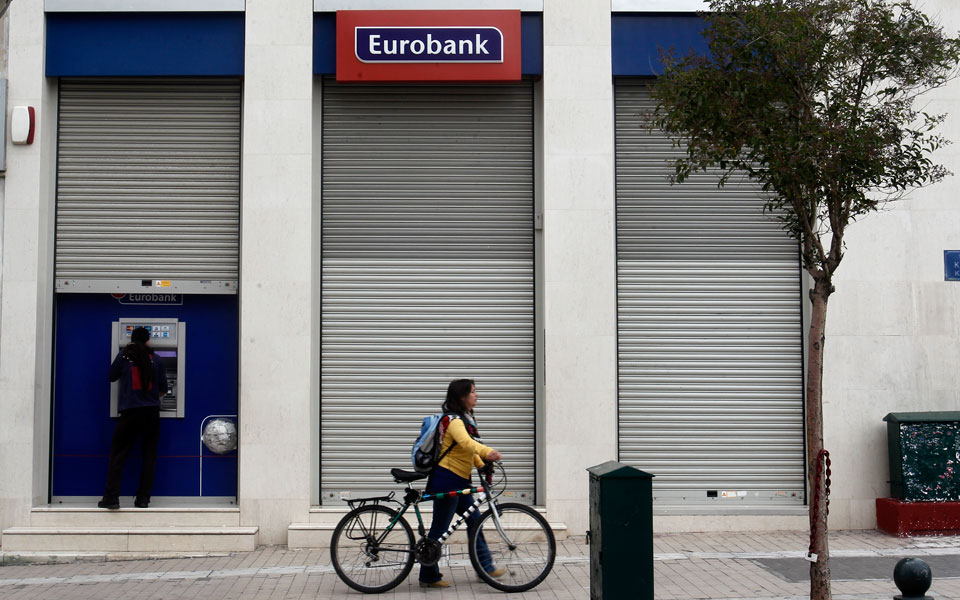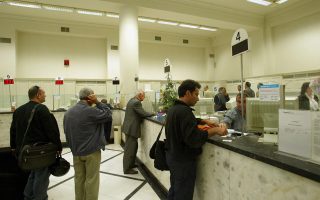HFSF risks value loss of its bank holdings

A new wave of bank recapitalizations could lead to the loss of the bulk of the value of Hellenic Financial Stability Fund (HFSF) holdings in Greek lenders.
In end-June 2014, the value of bank holdings owned by the HFSF came to 20 billion euros, with fund officials estimating at the time that they could claw back 34.4 billion euros from the package of 50 billion granted for the bank recap process.
Now banks are in need of fresh funds. According to a eurozone summit decision last month, the cost of recapitalizing Greek banks will come to between 10 and 25 billion euros, under the burden of a serious deterioration in financial conditions from protracted uncertainty and the impact of capital controls, which led to a decline in the value of old shares.
Analysts estimate that the majority of shares in Greece’s systemic banks will either go to private investors who will contribute new capital, or to the state in the case that there is no private interest.
In that case, the HFSF’s bank holdings would be practically devalued and the fund would lose some 20 billion euros.
Last summer the conservative-led government of Antonis Samaras and the HFSF explored the alternative use of warrants and ways to speed up the process of bank privatization. This had sparked a strong reaction from leftist SYRIZA, which branded the plan a sell-out. The then opposition even threatened court action if the government were to proceed with the privatization of the country’s banks.
Besides the recapitalization worth 28 billion euros in 2013 for the systemic banks, in the summer of 2014 there were share capital increases by foreign investors amounting to 8.5 billion euros, which strengthened the participation of the private sector in the systemic lenders. Eurobank in particular returned to the private sector through the share capital increase, which was denounced as a scandal by the party that now governs Greece.
Today, after the deterioration of financial conditions, the funds of over 35 billion euros that entered the local credit system in 2013-14 are seen as insufficient. The European Central Bank is already in the process of conducting a new study to determine the state of Greek lenders, leading up to an assessment of their capital requirements.
A report by the Hellenic Federation of Enterprises (SEV) on Thursday said that for capital controls to be lifted, the credibility of the banking system will have to be restored, which to a great extent depends on its timely recapitalization.
“In the last two years the biggest foreign direct investments took place in the credit system, amounting to 8.5 billion euros. These investments risk vanishing into thin air today, sending a particularly negative message to foreign investors on investment prospects in Greece,” SEV argued.





